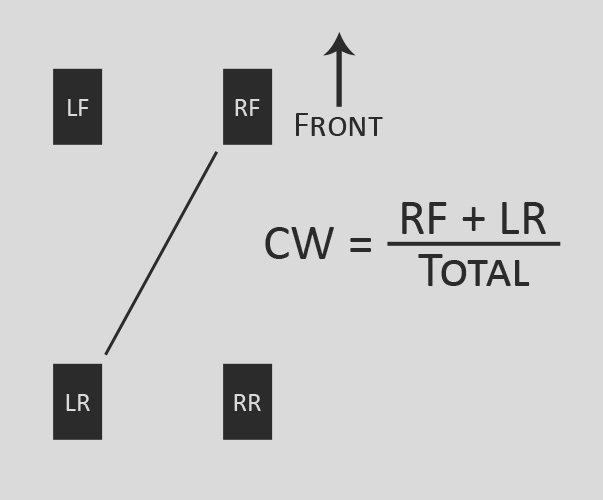

It is important to understand that the donor reinstatement process involves potentially thousands of donors, and it will take time. All additional blood donation eligibility criteria will apply.ĭonors who were previously deferred under the prior MSM policy will be evaluated for reinstatement. This policy change aligns the MSM donor deferral period with those for other activities that may pose a similar risk of transfusion-transmissible infections.įirst-time male donors may now be eligible to donate blood if they have not had sex with another man in more than 12 months. AABB, America's Blood Centers and the Red Cross support the FDA's decision to change the MSM blood donation policy from a lifetime deferral to a one-year deferral and additionally for the purposes of blood donation gender is self-identified and self-reported, which is relevant to the transgender community. Food and Drug Administration (FDA) issued final guidance for deferral criteria for men who have had sex with men (MSM). Your gift enables the Red Cross to ensure an ongoing blood supply, provide humanitarian support to families in need and prepare communities by teaching lifesaving skills. You can also help people facing emergencies by making a financial donation to support the Red Cross’s greatest needs. You should discuss your particular situation with the health historian at the time of donation.Ĭonsider volunteering or hosting a blood drive through the Red Cross. Precancerous conditions of the uterine cervix do not disqualify you from donation if the abnormality has been treated successfully.
Red cross weight requirements skin#
Lower risk in-situ cancers including squamous or basal cell cancers of the skin that have been completely removed do not require a 12 month waiting period. Other types of cancer are acceptable if the cancer has been treated successfully and it has been more than 12 months since treatment was completed and there has been no cancer recurrence in this time. If you had leukemia or lymphoma, including Hodgkin’s Disease and other cancers of the blood, you are not eligible to donate. The most up-to-date eligibility information can be obtained by contacting the Donor Client Support Center at 1-86.Eligibility depends on the type of cancer and treatment history.

There may have been some changes to these criteria since the last revision date. The guidelines listed below were last revised on 08/01/17. The final determination of eligibility is made at the time of donation. The criteria listed are provided as guidelines to assist you in determining whether you may be eligible to be a blood donor. Donor eligibility rules are intended to protect the health and safety of the donor as well as the patient who will receive the transfusion. Therefore, rules may differ between programs. Other rules are determined by the medical professionals at specific blood centers, or with other regulatory bodies. The majority of donor eligibility rules are specified by the Food and Drug Administration for every collection center in the country. Specially trained technical staff are available at each blood collection center and details of each donor’s health and activities are discussed in a confidential setting prior to blood donation.


 0 kommentar(er)
0 kommentar(er)
